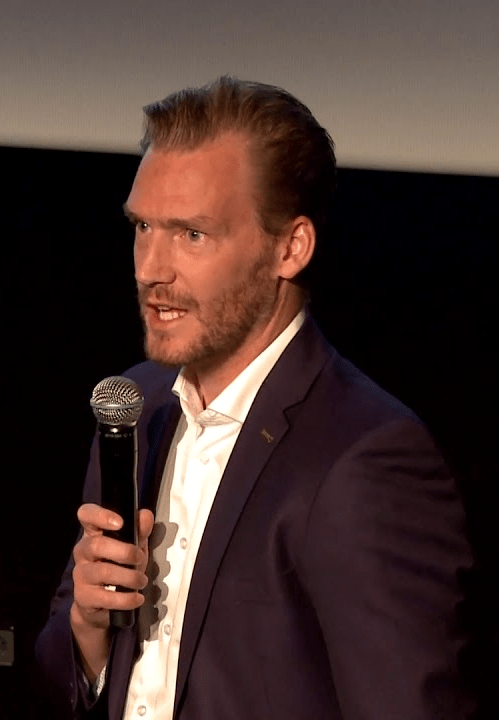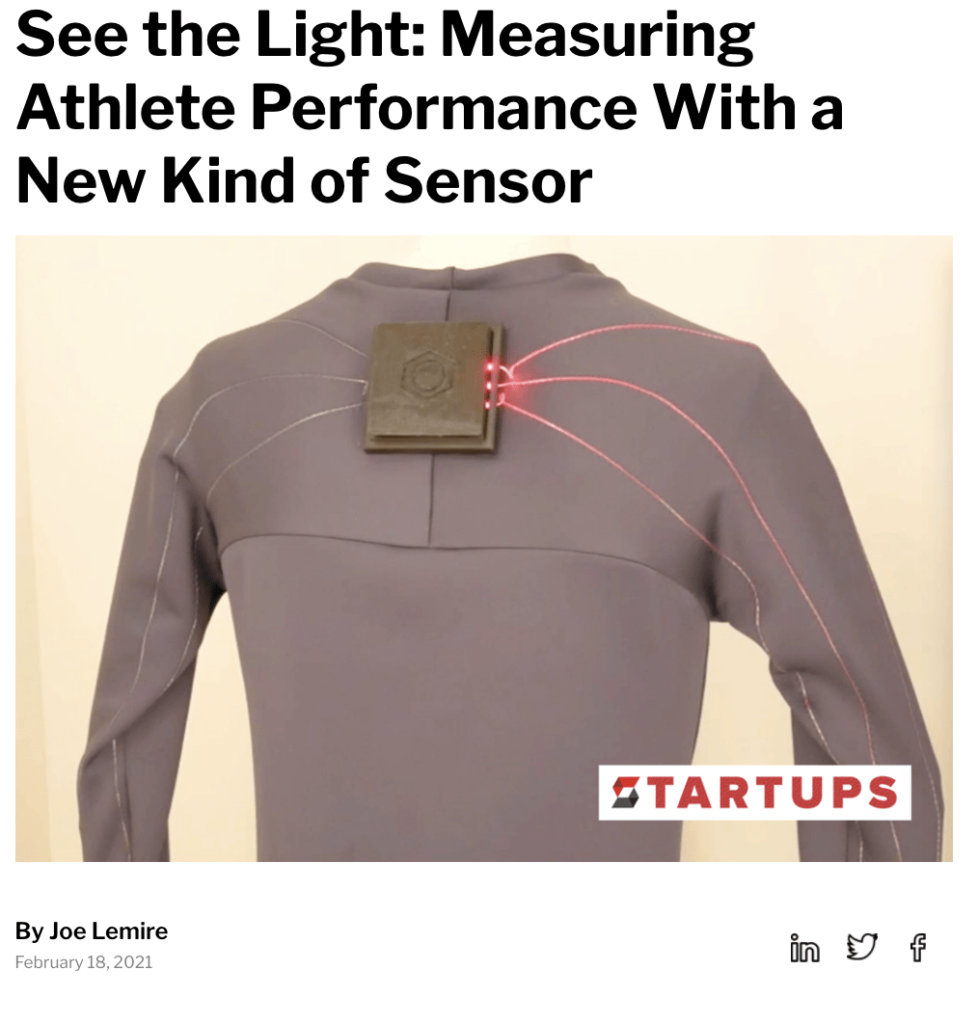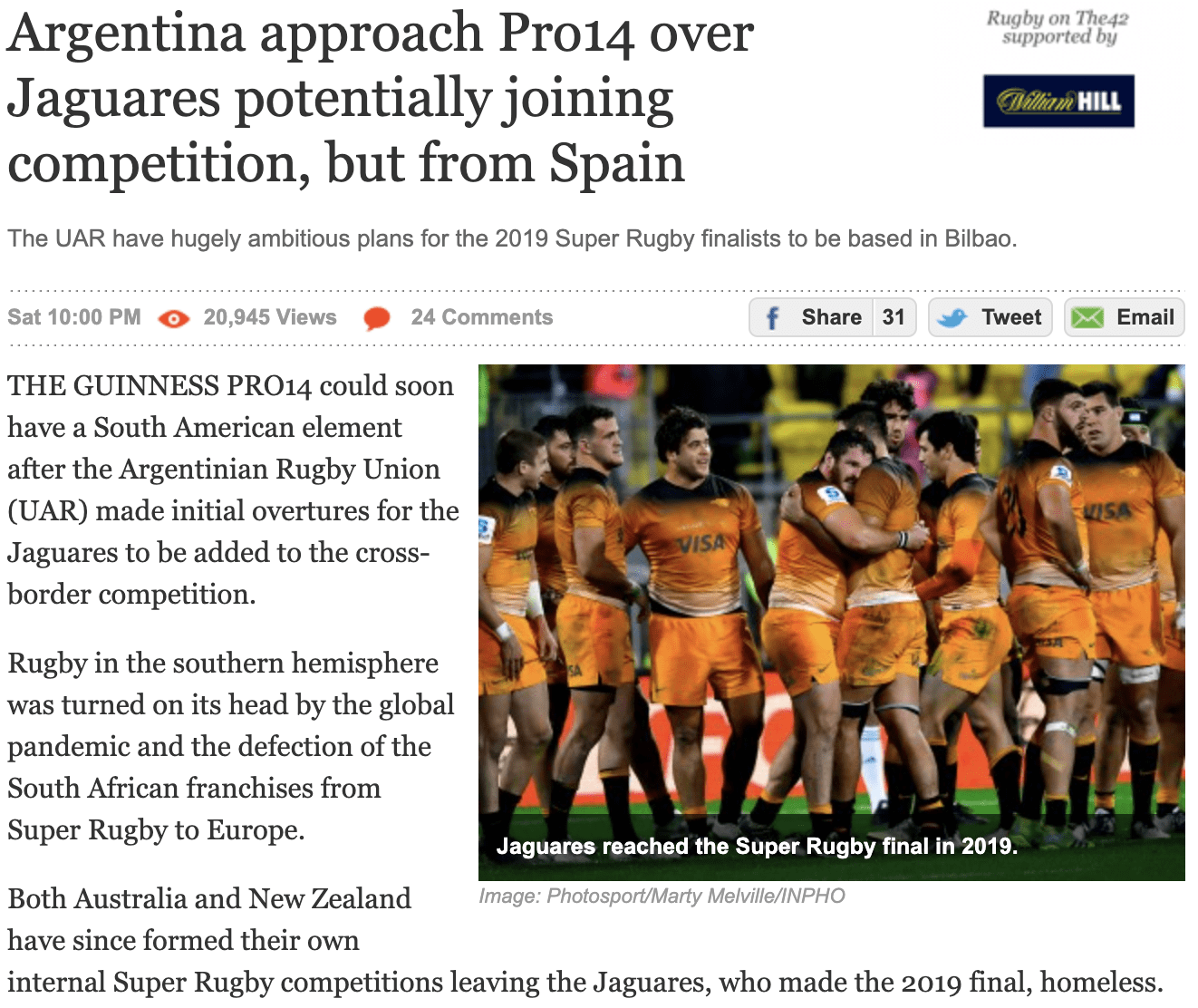This week’s review of news reminds us again of elite sport’s endless evolutionary competition, with organizations looking to learn faster and more rapidly convert that learning into better decisions. Aston Villa manager Dean Smith captured the thinking this week telling BBC:
Dean Smith’s words are no surprise for elite practitioners, but learning is often difficult: lots of obstacles get in the way, from old habits to calcified structures to the inertia of simply following ‘what’s worked before.’ Fortunately, in the age of performance intelligence, it’s possible to know with more precision than ever where and how to focus that learning and what benchmarks to begin from to achieve performance objectives. With such capabilities, truly “fit” organizations will seize the opportunity to learn how to learn, from individual athlete improvements on the ground floor to systemic adaptations at the team and league levels.
It starts with objective information. Explaining AZ Alkmaar’s success against far wealthier rivals, Sport Development Director Marijn Beuker offered a simple but brilliant insight:

To take it a step further, no one learns alone. That means any organization seeking to learn how to learn had better have buy-in on how data are captured, analyzed and acted on.

Of course starting with objective data places an incredible onus on the tools we use to collect it, like Organic Robotics Corps’ “Light Lace” product – fiber optic sensors that measure athlete motion and muscle activity. As co-founder Rob Shepherd astutely points out, the company may sell hardware but their real value is data collection.
After anonymizing touch interactions data, they hope to become more predictive about causation on the field. This has incredible potential for teams willing to learn how to learn.
The tools that enable learning are only multiplying as our industry advances, fuelled by the Big Data revolution that made information so widely available, but fit organizations will go further: they’ll use Performance Intelligence to distill the right insights from their data, diffusing those learnings across departments to gain alignment for action on what matters most, from the granular to the global level.
And speaking of the global level, there’s more need than ever to learn how to learn as institutions continue grappling with major challenges resulting from the pandemic, like the Argentinian Rugby Union (UAR) seeking to add the Jaguares to the Guinness Pro14,

or, the National League North and South clubs voting to cease the season. If Performance Intelligence tools can help individual athletes and their teams improve decision making, can they do the same for major institutions?
You bet. As I’ve written previously, Performance intelligence harnesses data for insights to help organizations achieve agility in real-time at the macro level, like safely returning fans to stadiums or anticipating schedule congestion to reduce injuries.
Survival of the fittest isn’t enough when everyone is extraordinarily fit. The advantage goes to those that can learn how to learn faster and better than competitors, translating their insights into action. Those wanting to do this can get another pointer from Aston Villa’s Smith by remembering that learning is a two-way street: “The coaches gain knowledge from the players as well as vice versa.” That holds for clubs and leagues, too.
Being willing to learn from anyone is a lesson we embrace at Kitman Labs, so I welcome your feedback on Twitter or at stephen@kitmanlabs.com as I share thoughts on sport’s most impactful developments and news.
 More than Equal’s mission is to close the gender gap in motor sports and find and develop the first female Formula 1 world champion. They will now have an advanced operating system to centralize data for female drivers participating in More than Equal’s pioneering Development Programme.
More than Equal’s mission is to close the gender gap in motor sports and find and develop the first female Formula 1 world champion. They will now have an advanced operating system to centralize data for female drivers participating in More than Equal’s pioneering Development Programme.